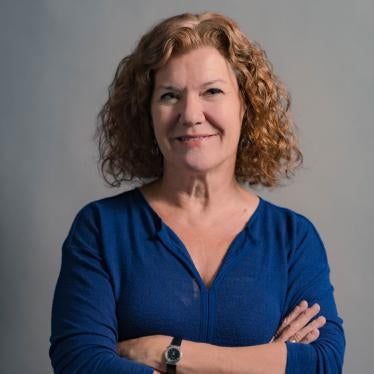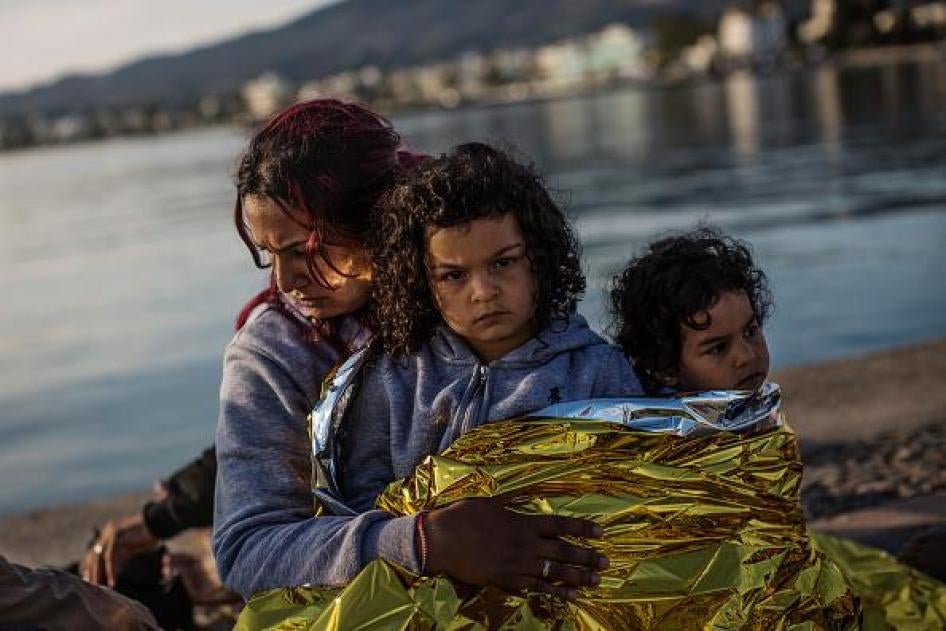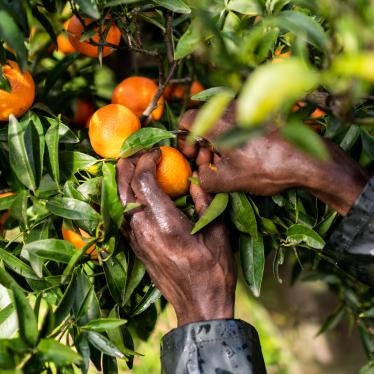Abdikarim” was 14 in 2010, writes Jo Becker, when fighters from the armed Islamist group al-Shabaab took him from his school in Somalia’s capital, Mogadishu. They sent him into military training and then forced him to fight on the front lines. There, he said, he witnessed his classmates being killed: “All the young children were taken to the first row of the fighting. I was there. The children all died and the bigger soldiers ran away.”
Through more than two decades of civil war in Somalia, children have often had little choice but to join armed groups. At the height of the fighting in Somalia’s capital, Mogadishu, in 2010 and 2011, Al-Shabaab abducted children – including girls for forced marriage — wherever they congregated: schools, playgrounds, football fields, mosques and homes. Teachers and children told us that when al-Shabaab fighters entered local schools, some children would resort to desperate measures to escape. One witness saw children jumping from second and third floor windows to avoid capture. “Somalia is not safe for children,” Abdikarim’s mother told us.
In 2014, the United Nations documented over 800 cases of recruitment and use of children by al-Shabaab and other armed groups.
Every year, at least 10,000 children travel without parents or other caregivers to seek asylum in the European Union. Many spend months making the journey, and board rickety boats for a risky ride across the Mediterranean. An estimated 100 children were among the 800 people who died in the April 19 shipwreck off the coast of Libya.
Roughly half of the asylum seekers and migrants who entered the EU by sea in the first four months of 2015 came from Afghanistan, Eritrea, Somalia, or Syria—all countries where children face extreme violence and exploitation. Many feel they have no choice but to leave.
In Afghanistan, the Taliban and other armed groups, including Afghan local police forces, recruit children. The armed groups use children as young as 8 as combatants, sex slaves, and suicide bombers, and to manufacture and plant explosive devices. The Taliban has abducted children and in some cases executed them in reprisal because family members allegedly worked with the government. Many children have no access to education. Their schools have been attacked with rockets, grenades, and suicide attacks. In some regions, the United Nations has reported that 80 percent of schools are closed.
Large numbers of children are among the tens of thousands of people who flee Eritrea every year. Many are attempting to escape indefinite and harsh military service. By law, national service begins at 18 for 18 months, but children as young as 15 are rounded up. Service is routinely extended and often lasts for decades. Beatings, torture, and hard labor are common. One 14-year-old Eritrean refugee told us, “The military does not have an end, it is for life.”
Syria’s horrors for children are well-known. At least 13,000 children have been killed since the beginning of the conflict. More than 3,000 schools have been partially or completely destroyed. Children have told us about ground and air attacks on their schools, raids by security forces that involved beatings and violent arrests, and the use of their schools for military operations. There too, numerous armed groups recruit children as soldiers. One boy, recruited by a rebel group at age 14, summed it up: “Maybe we’ll live, and maybe we’ll die.”
These harsh realities help explain why some children take such risks to reach the safety of Europe. One 15-year-old Somali boy traveled alone for months through Sudan and Libya, and spent days at sea in a rickety boat with little water and food. He reached Malta in 2012 only to be locked in a detention center. “I didn’t know about detention, I’d never heard of that,” he told us. “But if I had known, I still had to come. My country… I couldn’t stay there.”
Already this year, an estimated 1,750 people have lost their lives during risky trips across the Mediterranean. An unknown number are children. The EU recently pledged to increase sea patrols by its border enforcement agency Frontex, but it should ensure that ships are deployed in the international waters off Libya where most migrant boats encounter difficulties. A multi-country search and rescue mission outside of border enforcement operations would help minimize further loss of life. And the EU should offer migrants and asylum seekers, including children, safe and legal channels into the EU so that they can rebuild their lives.
Abdikarim was traumatized by his experience on the battlefield, and with his mother’s help, fled Somalia. He and many children like him have already experienced enough horror. The EU should do much more to help them reach a place of refuge and offer them the special protection they need.
Jo Becker is the children’s rights advocacy director at Human Rights Watch.








